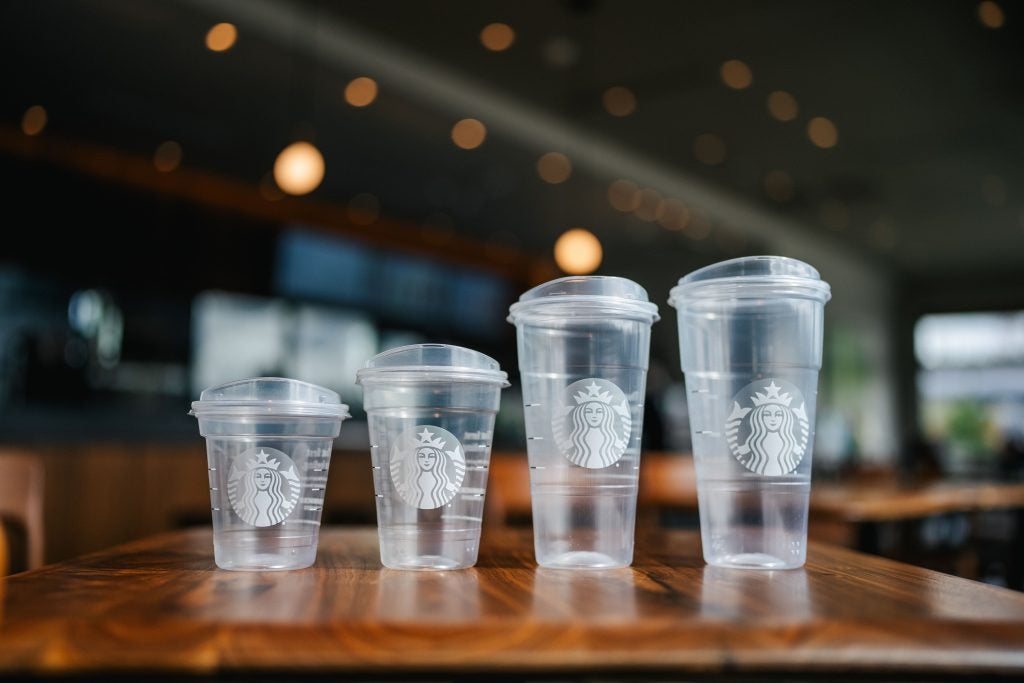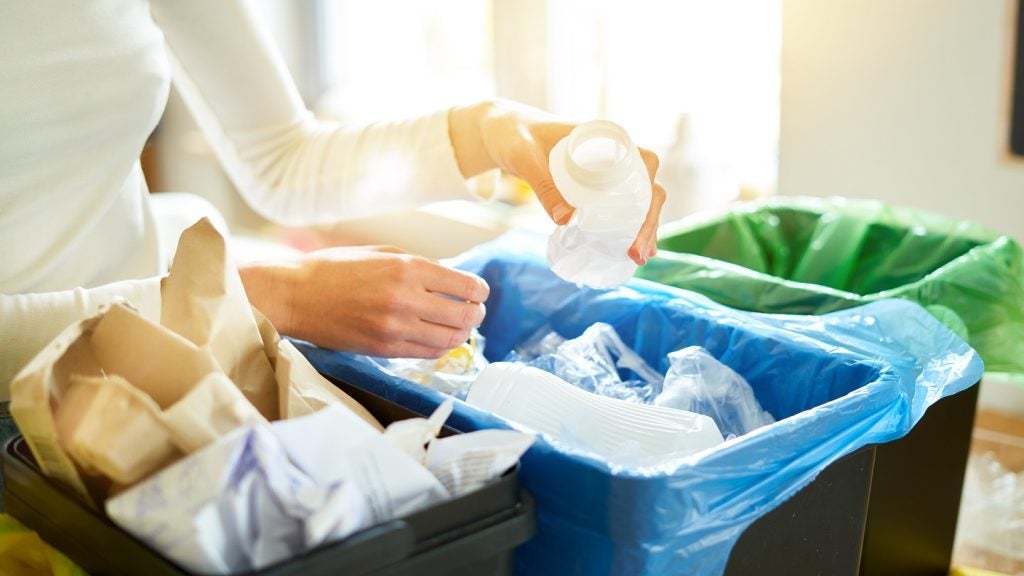
A new study has revealed that the introduction of a sugar labelling policy by the Food and Drug Administration (FDA) for packaged foods and beverages could be a cost-effective way to improve health in the US.
The research was led by researchers from the University of Liverpool and the Friedman School of Nutrition Science and Policy at Tufts University.
Entitled ‘Cost-Effectiveness of the US Food and Drug Administration Added Sugar Labeling Policy for Improving Diet and Health’, the study found that the sugar labelling scheme will also help generate important cost-savings for the healthcare system and society.
The FDA’s mandatory added sugar labelling policy is set to take effect between 2020 and 2021 in the US.
In 2016, the FDA announced several mandatory changes to the Nutrition Facts label to offer enhanced nutritional information to consumers.
The changes included the addition of the grams and per cent daily value of added sugar content to help consumers limit calories from added sugar in accordance with the recommendations of the 2015-2020 Dietary Guidelines for Americans.
How well do you really know your competitors?
Access the most comprehensive Company Profiles on the market, powered by GlobalData. Save hours of research. Gain competitive edge.

Thank you!
Your download email will arrive shortly
Not ready to buy yet? Download a free sample
We are confident about the unique quality of our Company Profiles. However, we want you to make the most beneficial decision for your business, so we offer a free sample that you can download by submitting the below form
By GlobalDataUniversity of Liverpool epidemiology professor Martin O’Flaherty said: “Informing consumers about what is in their sugary drinks, cakes, and sweets will help them decide what they want to eat for their health now and later.
“Full implementation of the label before 2021 could help maximise health and economic gains.”
The study estimates that the agency’s added sugar label could prevent or postpone 354,400 cases of cardiometabolic disease and 599,300 cases of diabetes.
When combined with possible industry reformulations to reduce added sugar content in packaged foods and beverages, the label could prevent nearly three million cases of cardiovascular disease and diabetes over the same time period.
Some companies have already started listing added sugar content. The 2018 deadline for compliance has been extended to 2020 and 2021 for large and small manufacturers, respectively.
The researchers estimated the potential health impact, costs, and cost-effectiveness of the FDA’s added sugar label using a validated microsimulation model (IMPACT).
Tufts University Friedman School of Nutrition Science and Policy research associate professor Dr Renata Micha said: “The added sugar label is an important policy step towards reducing consumption of foods and beverages with high added sugar contents, improving health, and lowering healthcare spending.”
Part of the Food Policy Review and Intervention Cost-Effectiveness (Food-PRICE) research initiative, the study secured grants from the National Heart, Lung, and Blood Institute of the National Institutes of Health.
In April last year, a new study found that bright colours and descriptions of flavours on cigarillo packaging have a greater impact on customers compared to text and pictorial warnings about the possible effects on health.






